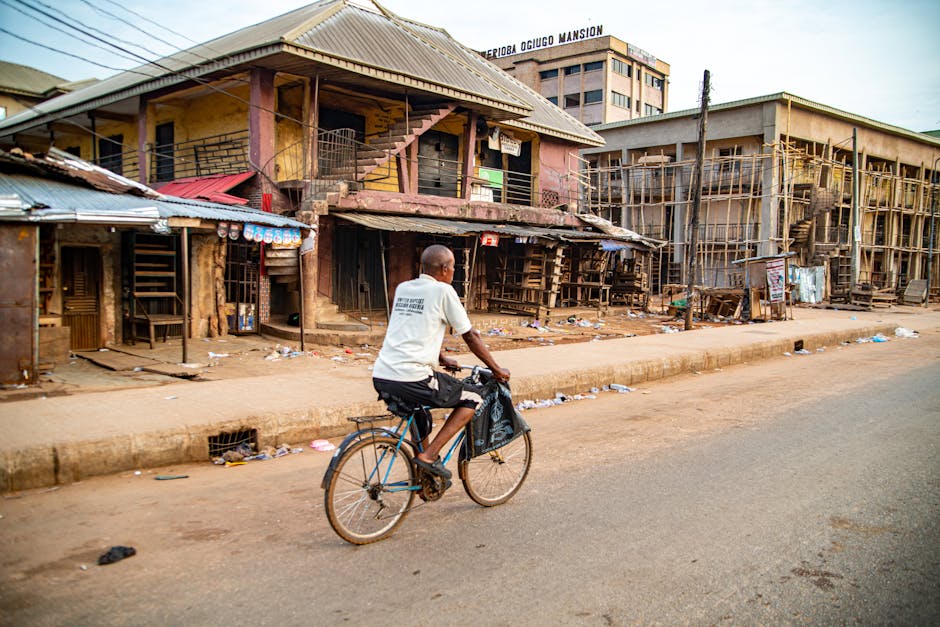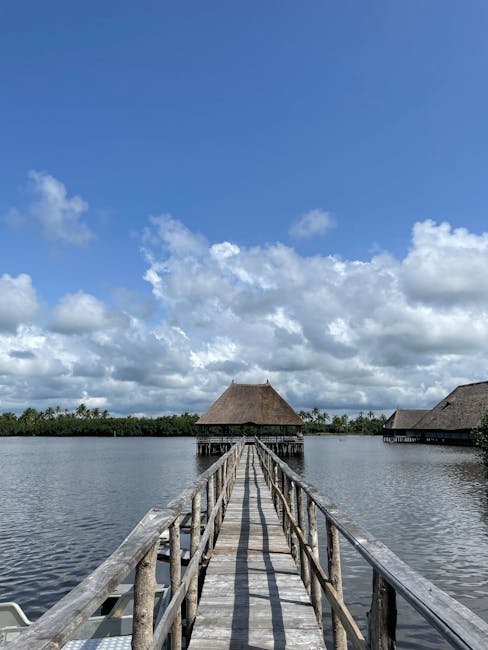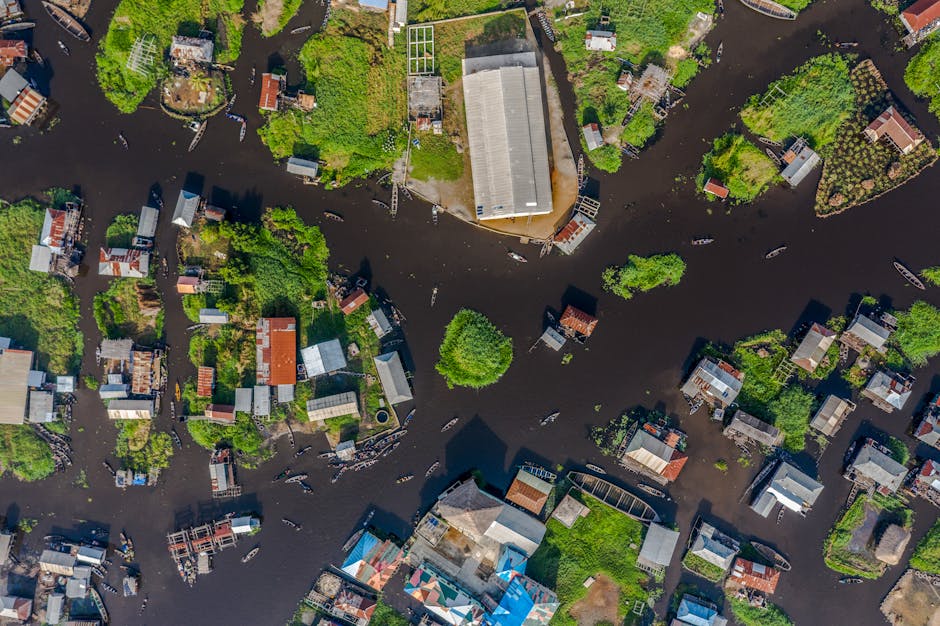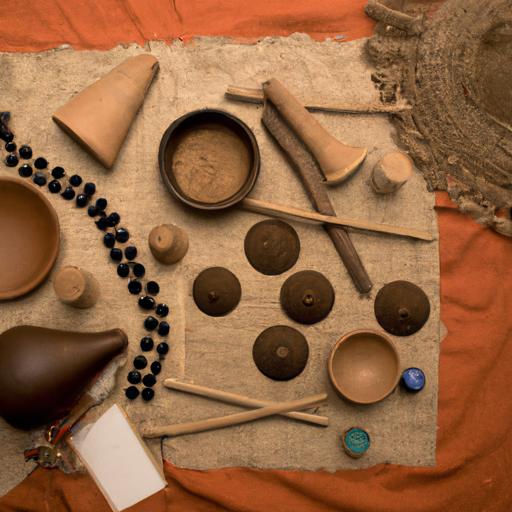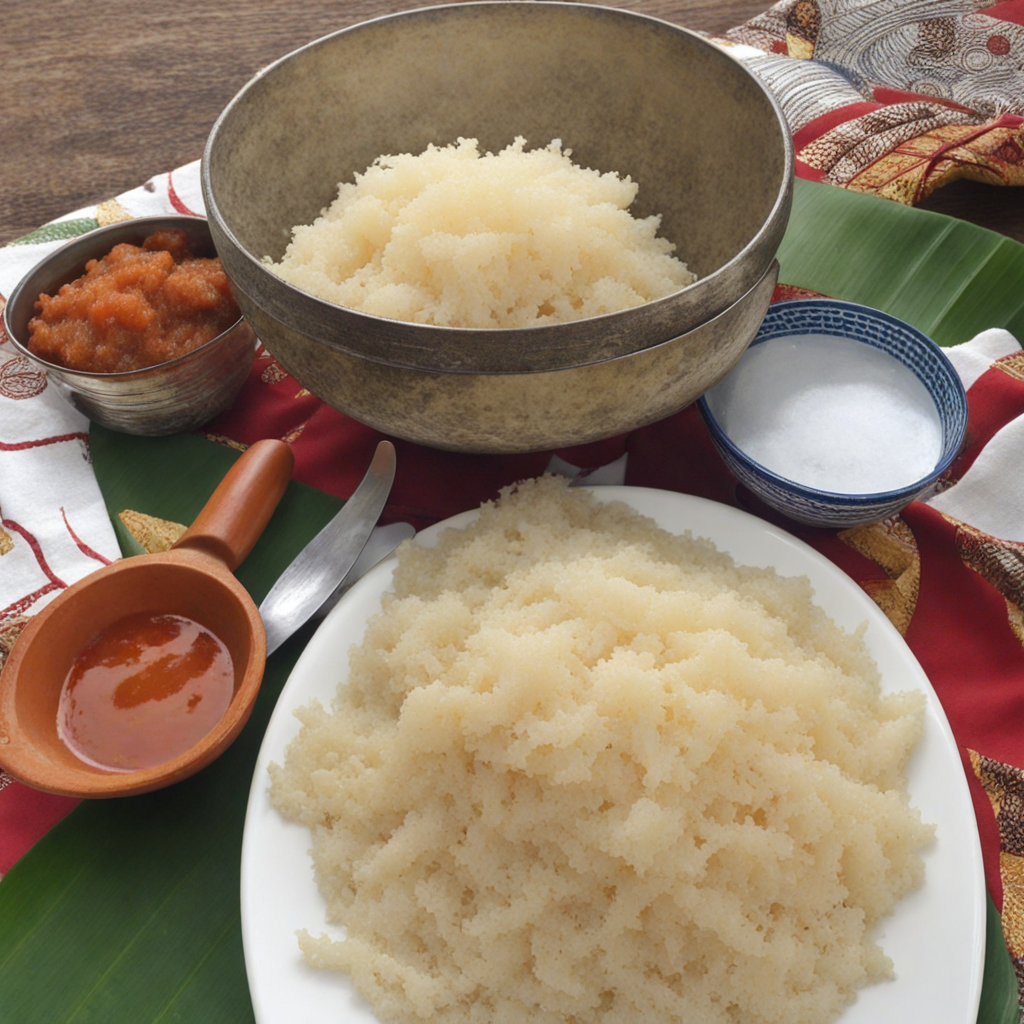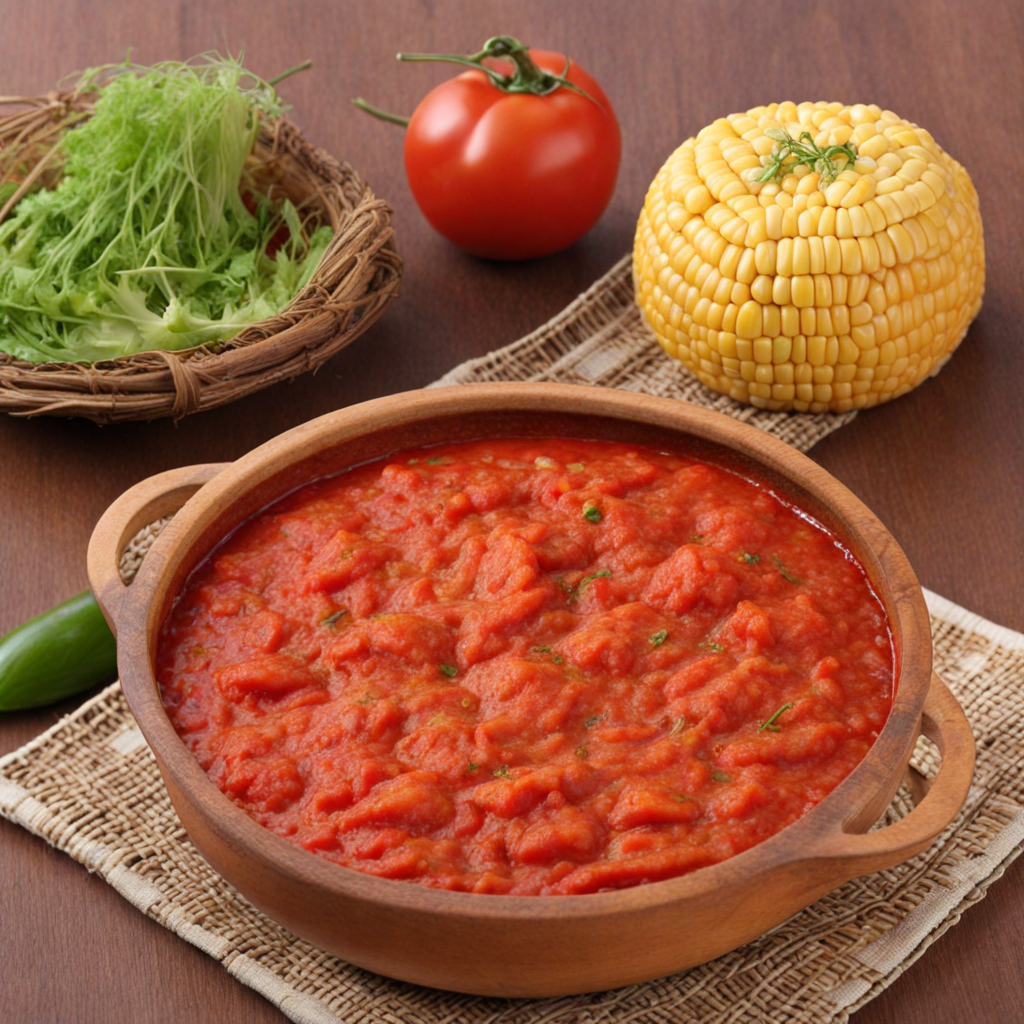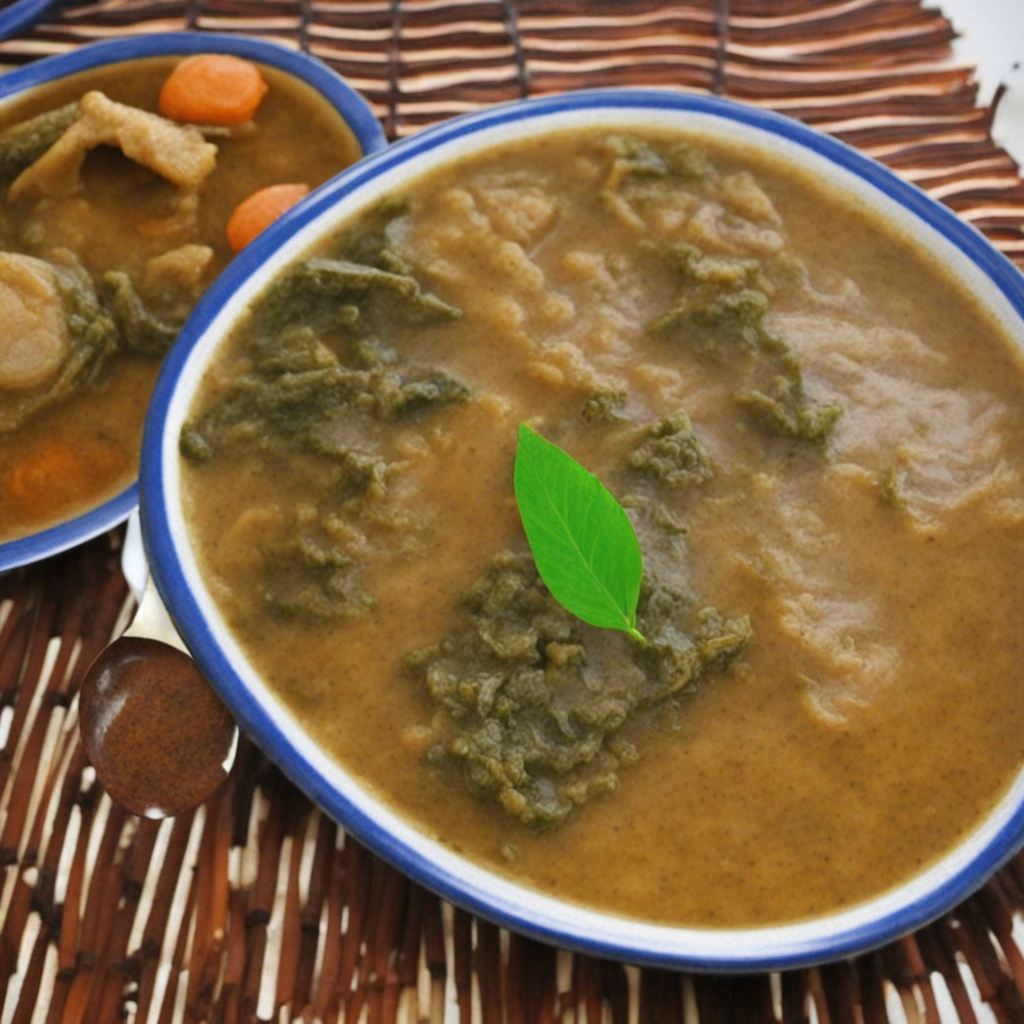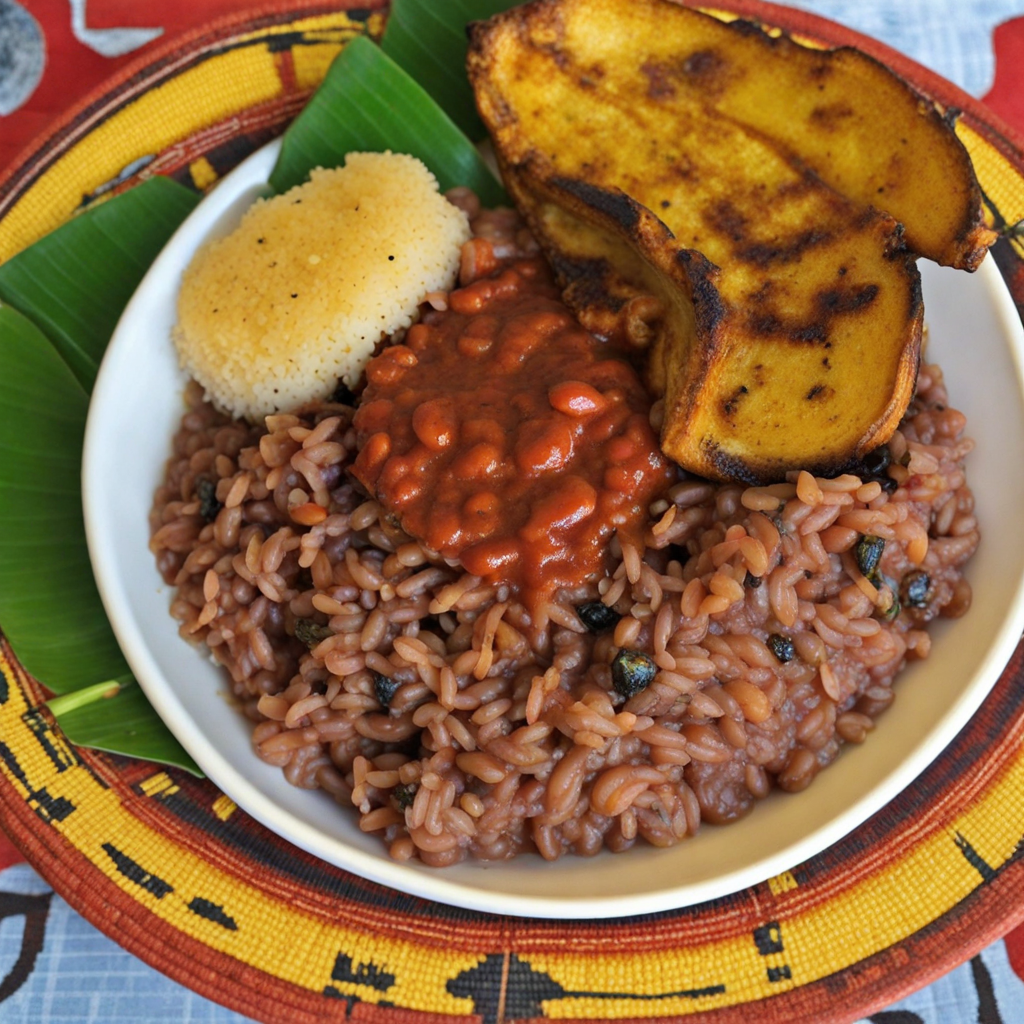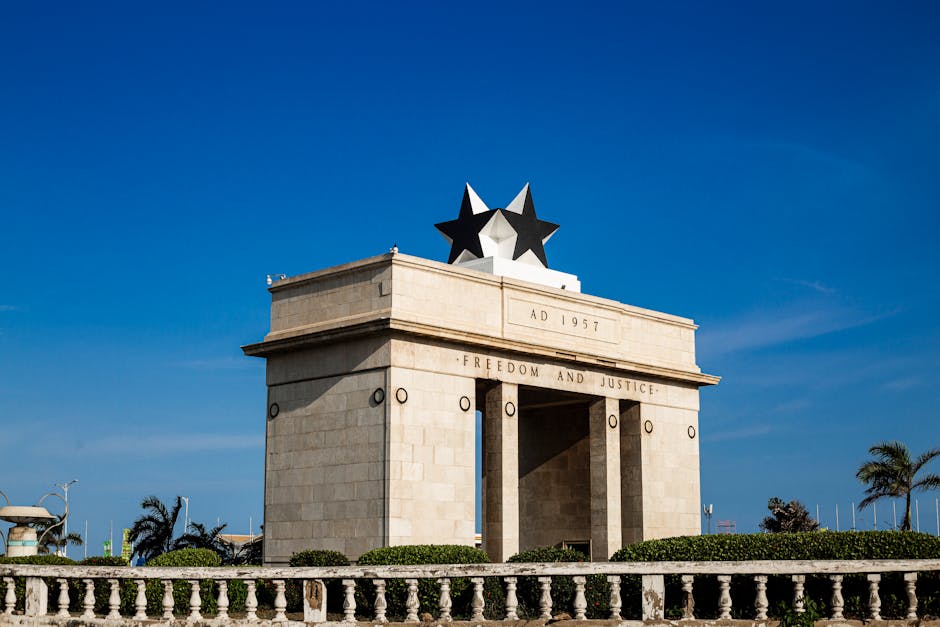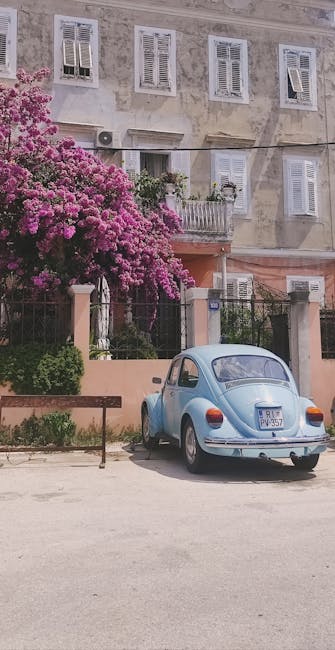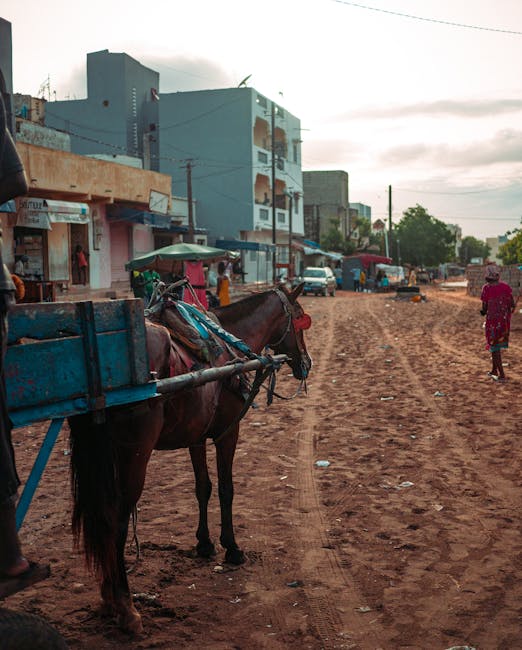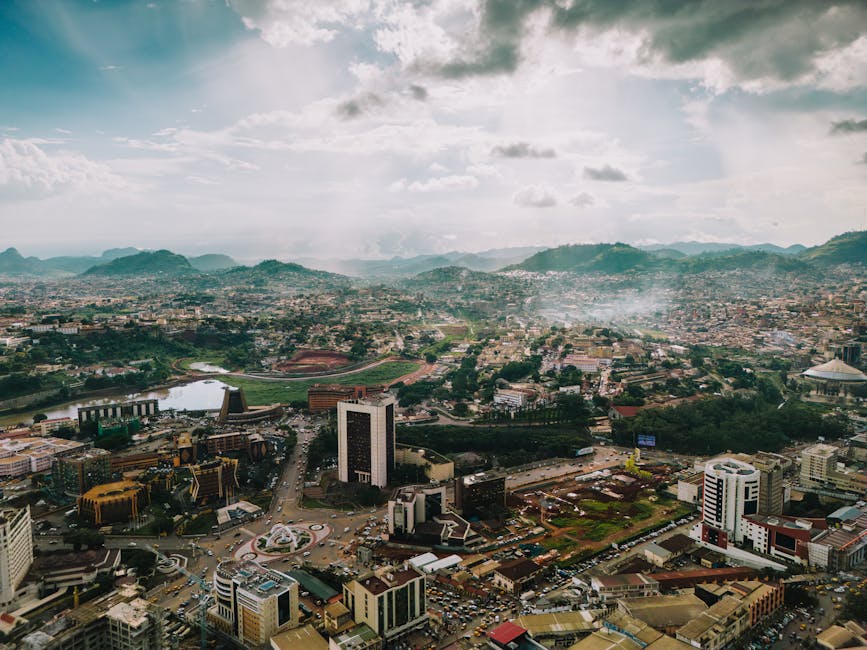Benin
Overview
Benin: A Vibrant Destination
Firstly, Benin, located in West Africa, is a vibrant and diverse country with a rich history and culture that will leave you fascinated. It's known as the birthplace of voodoo, an intricate spiritual system with a community of followers worldwide. The country is also celebrated for its music, with genres like traditional Bariba and Somba, as well as modern hip-hop and reggae, which can be heard echoing through the streets. What makes Benin unique is its captivating historical sites such as the Royal Palaces of Abomey and the Slave Route, which tell the grim story of the transatlantic slave trade.
Best Time to Visit
Secondly, the high season for tourism in Benin is usually from November to February, during the dry season. During this period, the weather is most favorable for outdoor activities, with less rainfall and lower humidity. The temperatures during this time range from 24 to 31 degrees Celsius. This is the perfect time to explore the Pendjari National Park, known for its wildlife like elephants, lions, and hippos. Other activities include visiting the stilt village of Ganvie, exploring the palatial ruins in Abomey, and experiencing the energetic Dantokpa Market in Cotonou.
Travel Preparations
Finally, before visiting Benin, several preparations need to be made. Ensure you have a valid passport and a visa, which you can apply for online or at the Benin embassy in your country. Vaccinations for diseases such as Yellow Fever are mandatory, and it's also advisable to take precautions against Malaria. Learn a few phrases in French, as it is the official language, or Fon and Yoruba, which are also widely spoken. Also, make sure to respect local customs, especially when visiting sacred and historic sites. Lastly, have a budget plan as the local currency is West African CFA franc, and not all places accept credit cards.
A Glimpse into the Past
Benin, a small West African nation, holds a rich tapestry of history that intertwines with its cultural heritage, vibrant traditions, and colonial past. Known for its significant role in the transatlantic slave trade, Benin’s history is multifaceted, revealing the complexities of its past and the resilience of its people.
The region that is now Benin was once the heart of the powerful Dahomey Kingdom, which thrived from the 17th to the 19th centuries. This kingdom was known for its strong military, intricate political structure, and unique cultural practices. The capital, Abomey, was the seat of power, where impressive palaces adorned with bas-reliefs and statues narrate the tales of kings and warriors. Visiting the Royal Palaces of Abomey, a UNESCO World Heritage site, offers a glimpse into the lives of the Dahomey kings and the rich traditions that shaped their society.
Not far from Abomey lies the Dahomey Kingdom’s historical sites, including the infamous Amazon warriors, who were fierce female soldiers known for their bravery and combat skills. These women defied gender norms of their time and played a crucial role in the kingdom's military exploits. The legacy of the Amazons is celebrated in local folklore and continues to inspire women in contemporary Benin. Visitors can explore museums and cultural centers that pay homage to this remarkable aspect of Benin’s history.
The 19th century was a turbulent time for Benin, as the Dahomey Kingdom clashed with French colonial forces. In 1892, the French launched a significant military campaign against the kingdom, ultimately leading to its annexation. This period marked the beginning of a new chapter in Benin's history, characterized by colonial rule and the exploitation of its resources. The city of Cotonou became the administrative capital under French control and remains the economic hub of the country today. Travelers can explore the colonial architecture and vibrant markets that reflect the blend of indigenous and French influences.
Benin’s coastline was a critical hub in the transatlantic slave trade, with ports like Ouidah serving as major departure points for enslaved Africans. The Ouidah Museum of History offers insight into this dark chapter, showcasing artifacts, photographs, and narratives that recount the impact of the slave trade on the region. The Route of Slaves, marked by monuments and sites of remembrance, allows visitors to reflect on this painful history while understanding its significance in shaping the diaspora.
Despite the challenges of colonialism, Benin emerged as a nation striving for independence in the mid-20th century. The country gained independence from France on August 1, 1960, and subsequently experienced a series of political upheavals, including coups and a transition to a Marxist-Leninist state. The city of Porto-Novo, the official capital, showcases the evolution of modern Benin, with its vibrant markets, colonial buildings, and bustling street life. The Palais Royal in Porto-Novo is a notable landmark, representing the political history of the nation and offering a glimpse into its royal past.
Benin is also renowned for its spiritual heritage, particularly the practice of Vodun (or Voodoo), which originated from the Fon people. This religion is deeply woven into the cultural fabric of Benin, with rituals, ceremonies, and festivals celebrating its deities. The annual Voodoo Festival in Ouidah draws visitors from around the world, showcasing traditional dances, music, and ceremonies that illustrate the community's connection to their ancestors and spiritual beliefs.
For travelers, the natural beauty of Benin is equally captivating. The Pendjari National Park in the north is a UNESCO Biosphere Reserve, home to diverse wildlife, including elephants, lions, and hippos. The park offers opportunities for safari adventures and wildlife viewing, appealing to nature enthusiasts and adventure seekers alike. The scenic landscapes of Benin, with its savannahs, wetlands, and forests, create a unique backdrop for exploration and discovery.
The coastal region of Benin boasts beautiful beaches along the Atlantic Ocean, such as Grand Popo and Ouidah Beach, perfect for relaxation and cultural experiences. Visitors can enjoy water sports, local cuisine, and traditional music while soaking in the serene atmosphere. The combination of coastal charm and rich history makes these areas popular among tourists looking for both leisure and cultural immersion.
The vibrant markets in cities like Cotonou and Porto-Novo are a must-visit for anyone seeking an authentic experience. The bustling Dantokpa Market in Cotonou is one of the largest in West Africa, offering a wide array of goods, from textiles and traditional crafts to spices and local produce. Engaging with local vendors provides insights into daily life and the vibrant culture of the Beninese people.
In conclusion, Benin offers a unique journey through time, where ancient traditions coexist with modern aspirations. From the historical sites of the Dahomey Kingdom to the spiritual practices of Vodun and the stunning landscapes, the country is a treasure trove of experiences. Travelers seeking to understand the intricacies of West African history will find Benin to be a captivating destination, filled with stories, culture, and a resilient spirit that continues to thrive. Each visit to Benin is an invitation to explore its past, engage with its present, and appreciate the diverse heritage that defines this remarkable nation.
Top cities for tourists in Benin
Discover the Famous Cities That Might Captivate Your Interests
Must-Try Foods You Can't Afford to Miss
Indulge in a Variety of Fantastic Foods During Your Stay in Benin
May Be Your Next Destinations
People often choose these countries as their next destination



